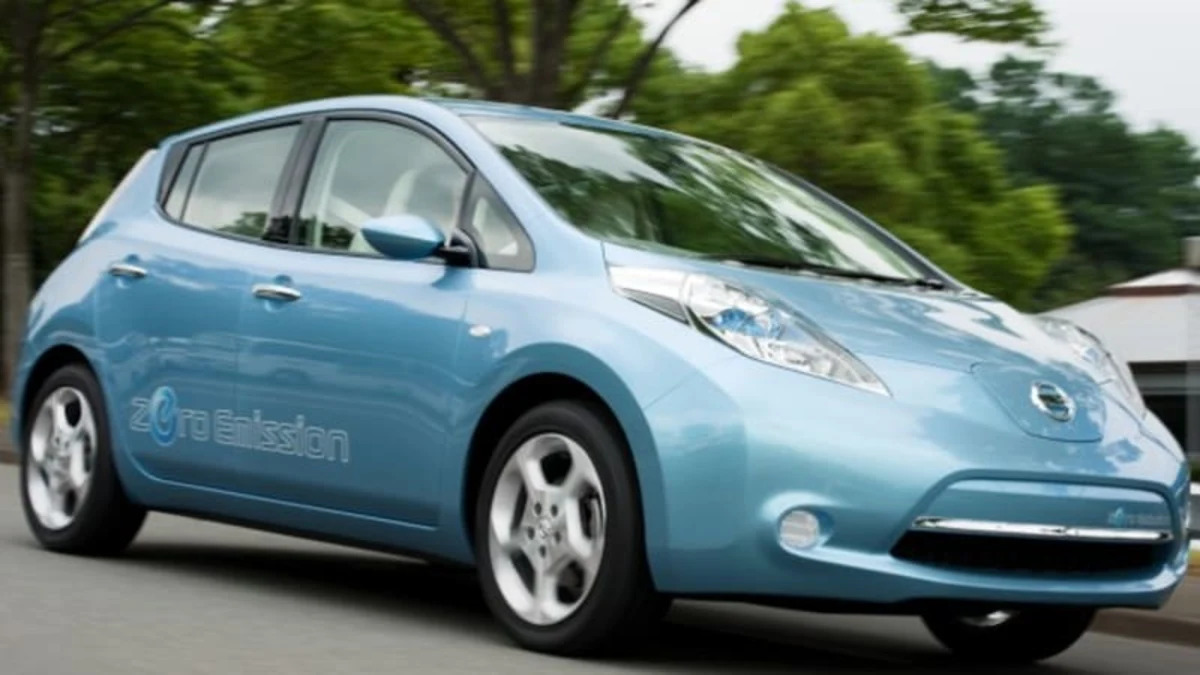GM has made concern about "range anxiety" central to its marketing of the plug-in hybrid Chevy Volt. The term may work to instill some doubt in the minds of those cross-shopping the Nissan Leaf, and in fact a study (PDF) by the Technology Strategy Board in the UK found that 100 percent of new electric vehicle owners did have some level of concern about running out of juice before reaching a destination when they first got their cars. However, it turns out range anxiety is not a chronic disorder.
Just three months after taking ownership of the EV, 35 percent said they had no more concerns about the range of their electric-only vehicles. As time went on and owners became more familiar with the real-world performance of their cars, they were more willing to push deeper into the available battery power, and less worried about being stranded. Here's a key finding:
Just three months after taking ownership of the EV, 35 percent said they had no more concerns about the range of their electric-only vehicles. As time went on and owners became more familiar with the real-world performance of their cars, they were more willing to push deeper into the available battery power, and less worried about being stranded. Here's a key finding:
Sure, EV drivers still want more range from their cars, TSB found, but the anxiousness clearly dies down when your car performs as expected day in and day out. Since the study found that "users made little or no change to their daily driving habits after switching from conventional to low carbon vehicles," the EVs were a solid substitute for most people.The drop in range anxiety is in part due to the increased understanding of vehicle capabilities, driving techniques and journey planning. Charging data also shows users gained more confidence in their journey distance over the three months, with an eight per cent increase in users allowing their batteries to drop below 50% before plugging in.


Sign in to post
Please sign in to leave a comment.
Continue